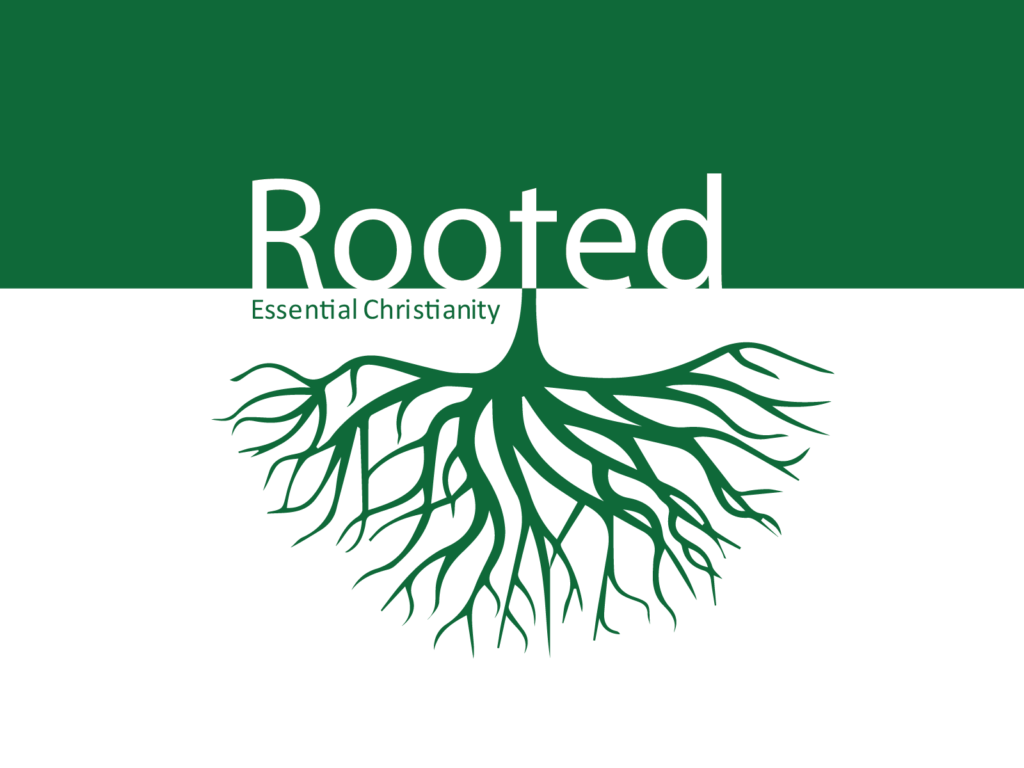And we have the prophetic word more fully confirmed, to which you will do well to pay attention as to a lamp shining in a dark place, until the day dawns and the morning star rises in your hearts. – 2 Peter 1:19
The Protestant Reformation was “a movement of the Word – incarnate in Christ and written down in the Scriptures” (Trueman, 71*). Martin Luther’s question became perhaps the defining question of the Reformation: Can I find a gracious God? Ultimately his answer came to him in Jesus Christ as He is revealed in the Scriptures. The former monk would later say, reflecting on the many labors associated with leading the Protestant Reformation, “The Word did it all.”
All of the other major reformers (Calvin, Knox, Tyndale, Farel) shared the same assessment as that of Luther. The Reformation was a movement of the Word of God. This commitment was reflected in church architecture which located the pulpit as the focal point of the sanctuary rather than the altar. The sermon, not the Mass, took the central role in corporate worship. The Mass with its medieval superstitions was replaced with the Lord’s Supper and given a place under the preached Word.
The Reformers believed what the Bible declares about itself through Jesus and His apostles. They understood that the Bible is the very Word of God and is the divinely appointed means by which men and women come to know God and His saving grace in the Lord Jesus. Far from being a mere repository of truth, the Bible is the supernatural means by which God savingly speaks to people. This is so because the Bible is the inspired Word of God. That is, the Scriptures were written by men who were “carried along by the Holy Spirit” to write just what He would have them write so that the Bible can truly be called the Word of God.
The Second Helvetic Confession (1566) puts it this way:
We believe and confess that the canonical Scriptures of the Prophets and the Apostles of each Testament are the very true Word of God and have sufficient authority from themselves, not from men. For God himself spoke to the Patriarchs, the Prophets, and the Apostles, and still speaks to us through the holy Scriptures.
* Reformation: Yesterday, Today, and Tomorrow by Carl Trueman
More From This Series

Rooted: Essential Christianity
- The Lord’s Prayer: Part 9 — The Power and the Glory 12/02/18
- The Lord’s Prayer: Part 8 — Hard Pressed but Not Crushed 11/25/18
- The Lord’s Prayer: Part 7 — Forgiven and Forgiving 11/18/18
- The Lord’s Prayer: Part 6 — Give Us This Day Our Daily Bread 11/11/18
- The Lord’s Prayer: Part 5 — Nevertheless, Not My Will 11/04/18